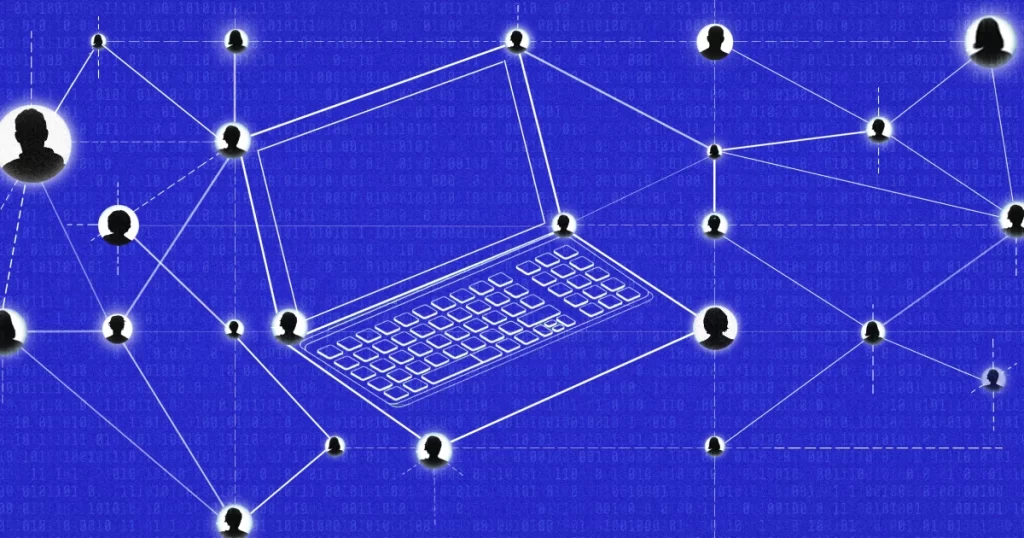With the current state of the world wide web, many people are angry. The Internet has become toxic for many people. They can no longer use basic functions without providing personal information. They want to change this. There are a number of reasons to switch to a decentralized internet. These include privacy, security, and accountability concerns. Several projects are trying to make the Internet more secure, more affordable, and less invasive. The following are some of the main benefits of a decentralized internet.
Creating a decentralized internet will require some significant changes in current technology. The internet is currently controlled by a few powerful companies, such as Facebook and Google. While most people attribute this to concerns about privacy, these companies have also invested in innovative ideas that have helped people connect to high-speed internet, allowing them to connect users no matter where they are. This has led to talk about a decentralized internet connection, but it has also made it more difficult for other companies to compete.
In China, WeChat has become the most dominant messaging app. In some cities, 90% of mobile internet users use the app. It is used for everything from banking to ordering taxis and shopping. This monopoly is not healthy for competition, and it gives one company the ability to see all information that a user may share with anyone else. Meanwhile, many tech companies have been forced to comply with government requests for private information. By introducing decentralized messaging and commerce, the internet can become more open, more accessible, and more reliable.
Decentralized networks are also more secure than their standardized counterparts. By removing centralized middlemen, decentralized networks help to preserve privacy and reliability. With decentralized networks, users can trust the sites they use. A decentralized internet is also more trustworthy as no single actor can control it. The decentralized internet would be much more secure and reliable, which will be good for businesses, consumers, and society as a whole. With decentralized networks, the internet is less prone to attack and hacker attacks.
The downside of decentralized networks is that they require more energy than their centralized counterparts. However, the benefits of a decentralized network include high privacy, a lack of middlemen, and digital equality. The downside is that the number of users increases as the network grows. The more people there are, the more energy it takes to run the network. If you want to change the Internet, you should switch to a decentralized network.
A decentralized network can make it easier for users to publish content. Originally, a blog could only be published on an individual server. Now, blogs have become household services. However, social-media services compete with each other for users and build advertising-sales businesses. They design their services to make users want more attention, and compulsion. This process is similar to the way email works before the ARPAnet. The centralized system relied on a small number of nodes, and these nodes became a single point of failure.












More Stories
The Hidden Architecture of Private P2P Networks: How They Work and Where They Thrive
Beyond the Mainstream: How to Build and Monetize Hyper-Specific Online Communities
The Future of Search: Moving Beyond Keywords with Semantic and Visual Search Technologies